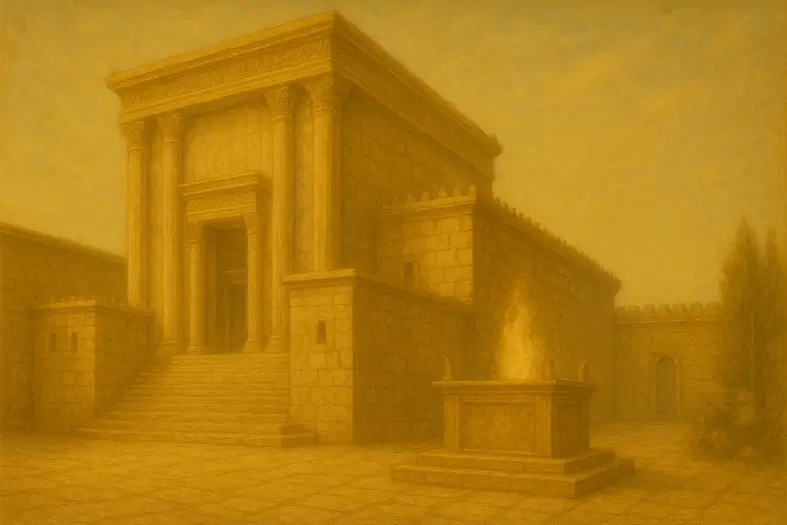


We are commanded to bring as offerings only animals that are at least eight days old.
This mitzvah establishes the requirement that no animal may be offered on the Mizbeach until it is eight days old. During its first week, an animal is considered incomplete and too fragile for consecration. From the eighth day onward, it reaches a state of wholeness and is acceptable for korbanot.
Rambam explains that this mitzvah reflects Hashem’s compassion, ensuring that an animal has time to strengthen before being sanctified. Sefer HaChinuch teaches that the number eight symbolizes covenant and renewal — just as circumcision is on the eighth day, so too offerings must come from animals that have entered a new stage of life.
The Talmud derives from this mitzvah broader principles about maturity and readiness in service. Ramban emphasizes that offerings must reflect perfection in both body and timing, teaching that true sanctity emerges only when creation reaches completion.
Commentary & Classical Explanation:


Represents the concept of spiritual intentionality, purity, and sanctity—set apart for a higher purpose.
Concerns the Beit HaMikdash, korbanot (offerings), and priestly service.
Empathy in motion — responding to another’s pain with sensitivity, patience, and understanding. Whereas chesed gives broadly, rachamim responds gently, tailoring care to a person’s emotional or spiritual needs.
Signifies awe and reverence toward Hashem—living with awareness of His greatness and presence.
Mitzvot that define and deepen the relationship between a person and their Creator. These include commandments involving belief, prayer, Shabbat, festivals, sacrifices, and personal holiness — expressions of devotion rooted in divine connection.

Dive into mitzvos, prayer, and Torah study—each section curated to help you learn, reflect, and live with intention. New insights are added regularly, creating an evolving space for spiritual growth.

Explore the 613 mitzvos and uncover the meaning behind each one. Discover practical ways to integrate them into your daily life with insights, sources, and guided reflection.

Learn the structure, depth, and spiritual intent behind Jewish prayer. Dive into morning blessings, Shema, Amidah, and more—with tools to enrich your daily connection.

Each week’s parsha offers timeless wisdom and modern relevance. Explore summaries, key themes, and mitzvah connections to deepen your understanding of the Torah cycle.